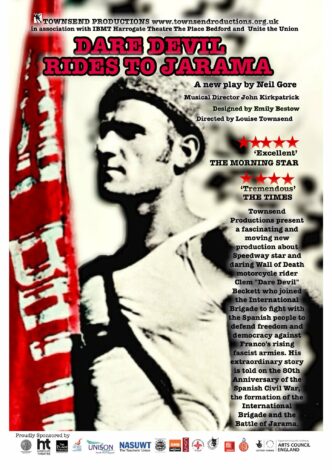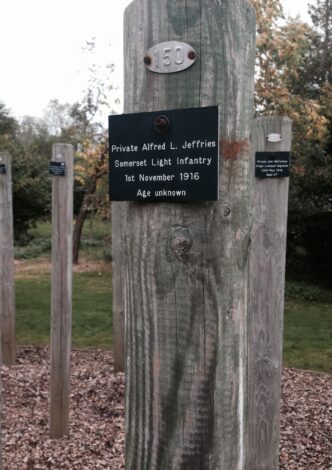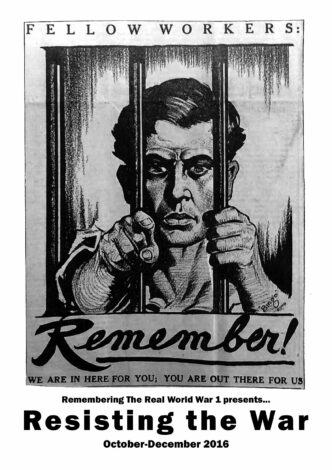Victims of the Somme – Event Report
By Randell Brantley
Today at noon a commemoration was held for the soldiers from The Dings who died at the Somme in World War 1. (See the event listing.) In particular we remembered the Jeffries brothers: Arthur who was killed in action at Geuedecourt on September 16th 1916 and Alfred who was shot at dawn for desertion on November 1st 1916. After a few words - from among others David Jeffries the Great Nephew of the Jeffries brothers, Geoff Woolfe (author of The Bristol Deserter) and Professor Lois Bibbings from […]





